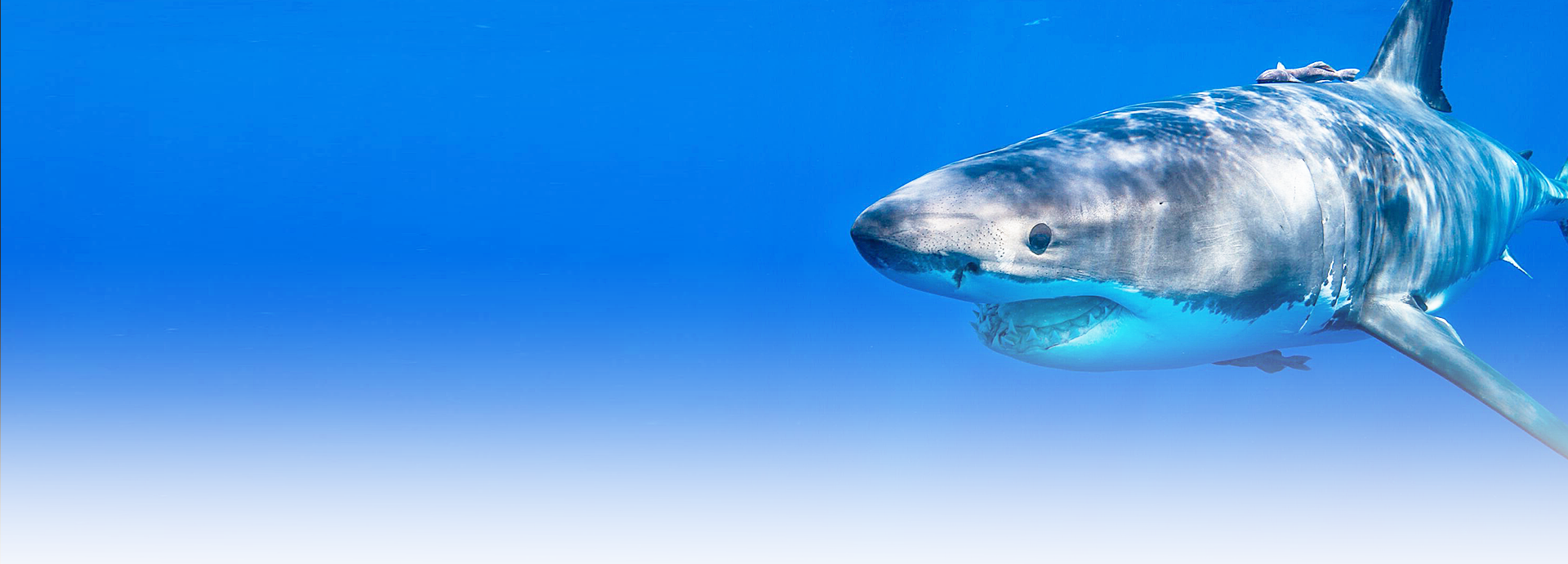Mission
Our Mission
To conduct research, promote conservation, and provide education for the protection of the marine ecosystem.
We believe in the preservation of our world’s precious resources and that through the protection of the ocean’s apex predators, marine ecosystem balance can be maintained for the benefit of all living things on Earth.
The health of any ecosystem is controlled largely by its apex predators. So, while our work aims to impact the marine ecosystem as a whole, much of our research is focused on the apex predators of the marine environment, which are sharks.
Our organization is comprised of scientists, companies, organizations, and people concerned with the health of the world’s oceans. The scientists that represent Fins Attached range in backgrounds from divers to Ph.D marine biologists.
Protecting and preserving shark populations and their habitats. Sharks are vital components of marine ecosystems, playing crucial roles in maintaining the balance of marine food webs. However, sharks face numerous threats, including overfishing, bycatch, habitat destruction, pollution, and climate change.
Our Goals
Research: Conducting scientific research to better understand shark species, their behaviors, migration patterns, habitats, and population dynamics is essential for effective conservation efforts. Research can help identify critical habitats, breeding grounds, and migration routes, as well as assess the impact of human activities on shark populations.
Conservation policy and advocacy: Working with policymakers and advocating for the implementation of laws and regulations to protect sharks and their habitats is crucial. This includes advocating for the establishment of marine protected areas (MPAs), implementing fishing quotas and regulations, banning the trade of shark fins and products, and promoting sustainable fishing practices.
Public awareness and education: Raising awareness among the public about the importance of sharks in marine ecosystems and the threats they face is essential for garnering support for conservation efforts. Education initiatives can include outreach programs, community workshops, school presentations, and social media campaigns aimed at informing people about the importance of shark conservation and what they can do to help.
Sustainable fisheries management: Implementing sustainable fisheries management practices is essential for reducing the impact of overfishing and bycatch on shark populations. This may include measures such as limiting fishing quotas, regulating gear types to minimize bycatch, and promoting selective fishing practices that minimize harm to non-target species like sharks.
Collaborative partnerships: Collaboration among governments, conservation organizations, researchers, local communities, and other stakeholders is essential for the success of shark conservation efforts. By working together, stakeholders can pool resources, share knowledge and expertise, and coordinate efforts to address the complex challenges facing shark populations.
Monitoring and enforcement: Regular monitoring of shark populations and enforcement of conservation measures are essential for ensuring compliance with regulations and assessing the effectiveness of conservation efforts. This may involve patrolling marine protected areas, conducting surveillance on illegal fishing activities, and implementing penalties for those who violate conservation laws.
By integrating these components into a comprehensive shark conservation mission, stakeholders can work together to protect and preserve shark populations for future generations and ensure the health and resilience of marine ecosystems.

